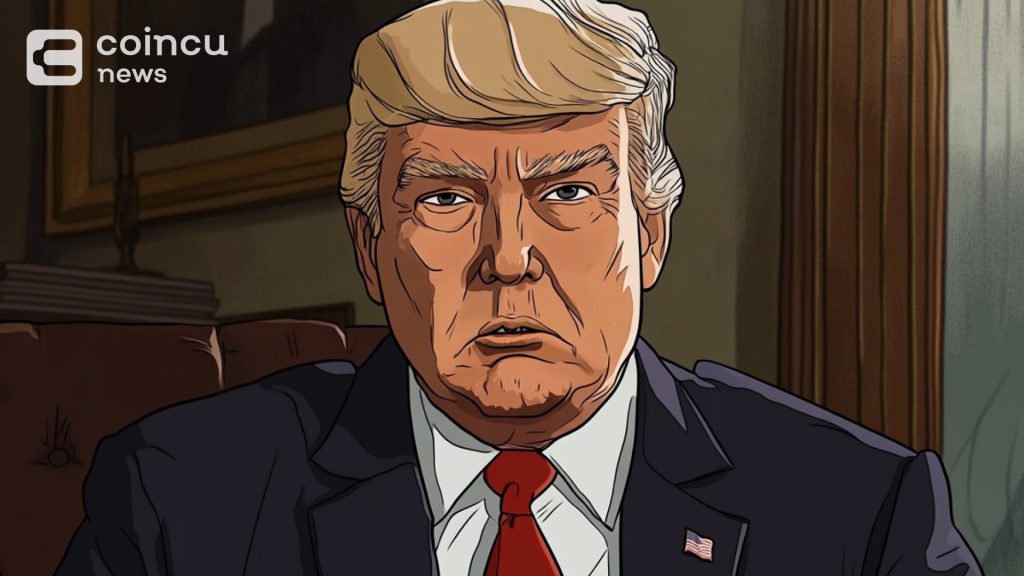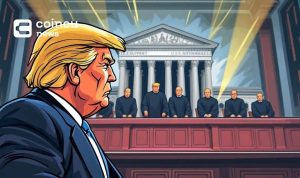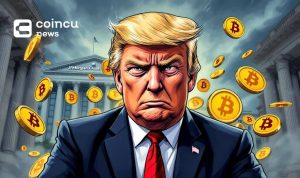Key Points:
- TD Cowen suggests President-elect Donald Trump may create a more favourable environment for crypto firms working with banks.
- Some banks may remain cautious about cryptocurrency partnerships due to perceived risks.
Investment bank TD Cowen said that a President-elect Donald Trump administration could create a more friendly environment for cryptocurrency companies working with banks, but analysts advise keeping expectations for such a shift in check, The Block reported.

Read more: Bitcoin Rally Slows Down as Trump’s Election Boost Fades in 2024
President-elect Donald Trump Might Impact Crypto-Banking Relations
A recent report by the Washington research team at TD Cowen, led by Jaret Seiberg, noted that banks would have to keep pace with other regulations, including AML and BSA, in addition to liquidity and concentration risks.
Even though President-elect Donald Trump is perceived as more lenient toward the marriage of traditional finance and cryptocurrencies, banks might still be wary because of the inherent risks involved.
For some financial institutions, the possible risks of doing business with crypto firms may still be too great, while for others, the opportunities may finally outweigh the dangers. Crypto entities resisting government oversight could further limit banks’ willingness to engage in business with them.
Seiberg also said that stablecoins, which are collateralized in cash, would most likely be the part of cryptocurrency that would be of greatest interest to banks. Stablecoins create an avenue for financial institutions to create their own digital currencies that could help close the gap between traditional finance and the evolving crypto landscape.
Ongoing Tensions Between Crypto Industry and Traditional Banks
Cryptocurrencies and traditional banking have had what might be considered, at best, a contentious affair, with tempers running flared in both directions. Last year, for instance, Coinbase sued the FDIC to procure so-called “pause letters” that it said the agency had sent to banks, instructing them to pause crypto-related activities.
Further, conspiracy theories have cropped up that banks were undertaking unofficial sanctions in trying to choke the crypto firms’ access to traditional financial services under some scheme called Operation Chokepoint 2.0.
| DISCLAIMER: The information on this website is provided as general market commentary and does not constitute investment advice. We encourage you to do your own research before investing. |






















